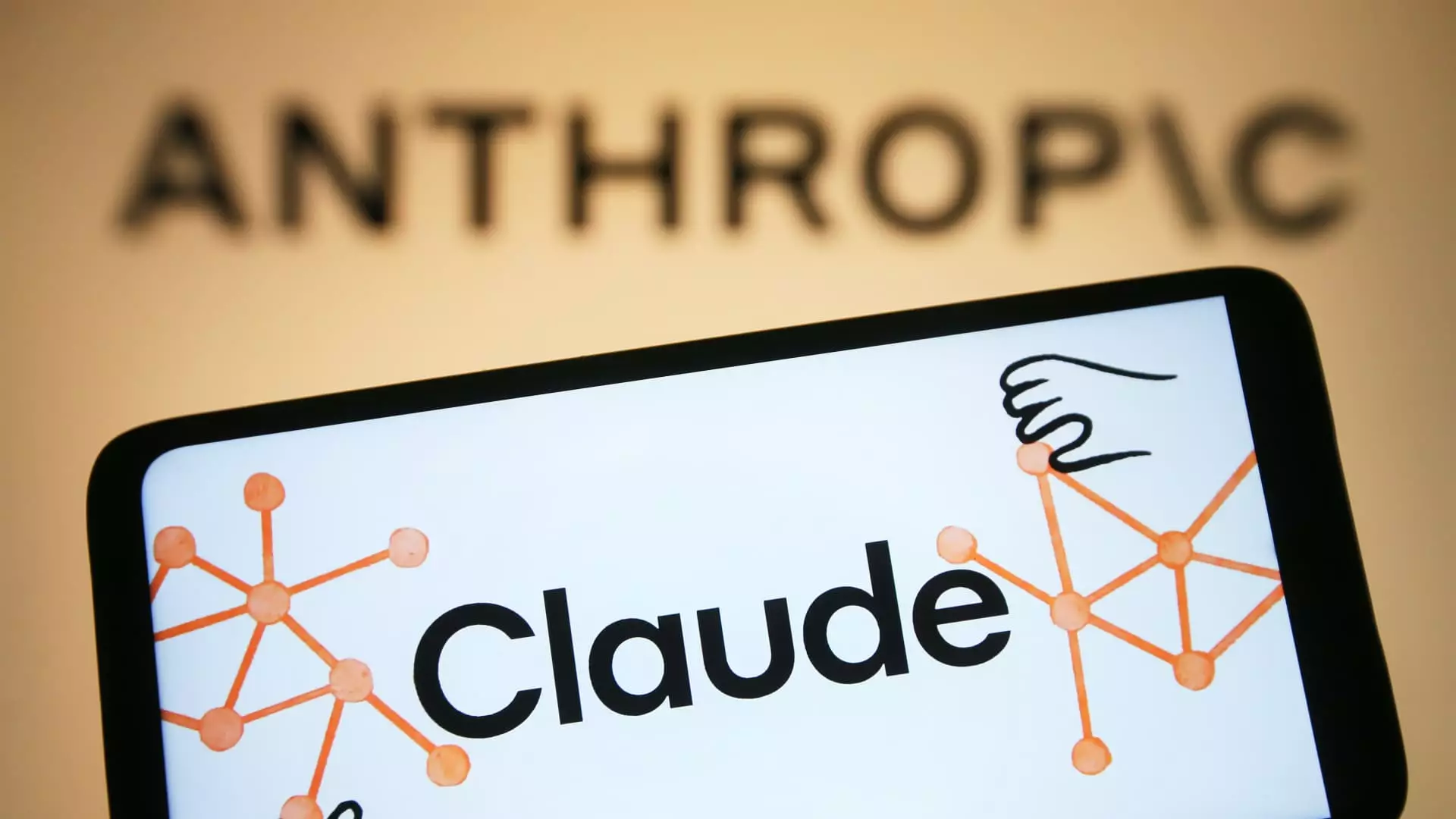As the race for artificial intelligence supremacy intensifies, companies like Anthropic find themselves at a critical juncture where ethical considerations are increasingly pivotal. The recent updates to Anthropic’s “responsible scaling” policy serve as a clear indicator of the dilemmas that AI developers face in regulating their powerful technologies. While the assertions made by the company seem commendable—aiming for heightened security and safety—the real question is whether these measures are merely superficial or if they genuinely aim to mitigate risks associated with advanced AI systems.
In a blog post, Anthropic outlines the parameters that will trigger heightened security protections, particularly concerning the potential for its AI models to assist in the creation of weaponry or fully automate roles that employ human labor. However, one must wonder: are these measures stringent enough, or are they simply a public relations maneuver to placate public concerns? It’s a troubling balance between innovation and safety, and the stakes are exceedingly high.
Valuation Over Vigilance
Anthropic recently achieved a staggering $61.5 billion valuation, positioning itself as one of the AI industry’s titans. Yet, juxtaposed against OpenAI’s $300 billion valuation, one cannot ignore the inherent pressures that such valuations induce. High numbers often spur aggressive strategies that may prioritize profit over ethical responsibility. With the generative AI market set to explode beyond $1 trillion in revenue, corporate players are incentivized to capitalize on this growth rapidly—a tendency that can amplify risks associated with technological misuse.
The competitive landscape is further complicated by international actors, notably from China, whose rapid emergence signals an urgent need for American companies to not just innovate, but to safeguard the ethics of their innovations. The rush for market supremacy often leaves little room for introspection or responsible governance. It’s a paradox that reveals the underlying fragility of our current AI ecosystem.
Security Measures: A Double-Edged Sword
While Anthropic’s commitment to implementing rigorous protections, including the establishment of an executive risk council and heightened physical security measures, may seem like a step in the right direction, one cannot overlook the implications these actions might have on the freedom and fluidity needed for genuine innovation. The introduction of technical surveillance countermeasures raises a critical Orwellian question: at what point does the quest for security compromise the foundational principles of creativity and exploration?
The preemptive measures against the misuse of AI could, paradoxically, serve to stifle the very advances that such technology promises. This isn’t merely about preventing potential abuse; it’s also about fostering a culture where innovation is not shackled by the fear of oversight and bureaucratic red tape.
The Broader Implications for Society
In essence, our approach to AI development reflects broader societal values. Are we willing to prioritize ethical considerations, even if it means sacrificing rapid advancement? The recent developments at Anthropic signal a critical moment to reassess our relationship with technology and its unforeseen consequences. The responsibility lies not only with AI companies but also within the societal framework that governs them. Without a robust dialogue about the ethical limits and potential hazards of AI, we risk tumbling into a future where technology proliferates unchecked, and the moral costs are simply too high to ignore.


Leave a Reply